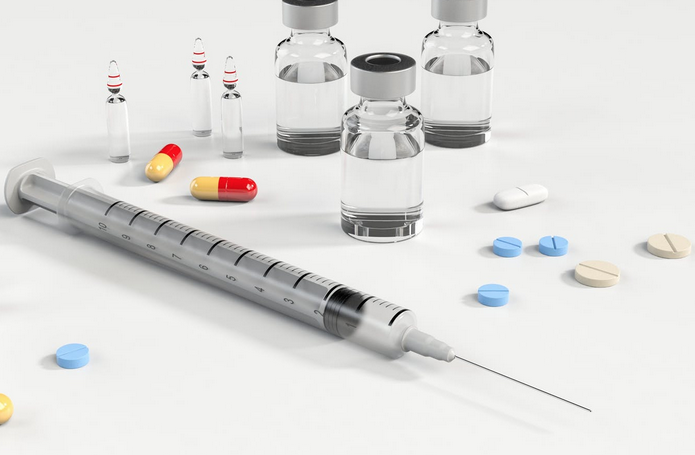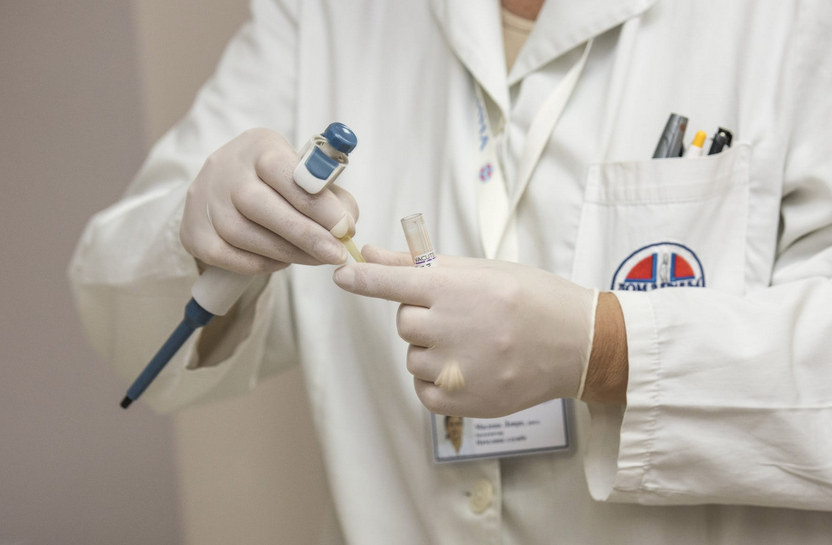Pregnancy Testing and Care
If you believe you might be pregnant or feel you are experiencing pregnancy symptoms, early testing is highly recommended. Early testing can be done at home with a pregnancy test available at most drug stores. These are inexpensive and pretty accurate. Doctors can also perform additional blood, urine or HCG test to check for a hormone called human chorionic gonadotropin (HCG). This hormone is made right after a fertilized egg attaches to the wall of a woman’s uterus.
Pregnancy in the early stages is hard to detect so it’s important to be aware of some of the early symptoms. Such as a missed menstrual cycle, nausea, increased urination, fatigue, swollen breast and vomiting. However, these symptoms are not unique to pregnancy and can be signs of other illnesses or an upcoming period. Still it’s important to be aware of pregnancy to take the proper care of your body and your baby.
Doctor visits and prenatal care can help monitor a healthy pregnancy and avoid any complications. For a consultation and to receive testing or prenatal care, call us (718 659 0400) or visit us today.
Sources:
https://www.womenshealth.gov/a-z-topics/prenatal-care
https://www.webmd.com/baby/guide/pregnancy-tests#1









